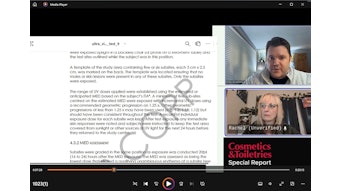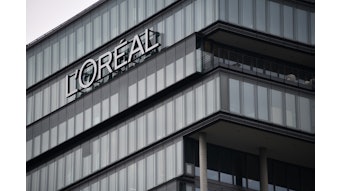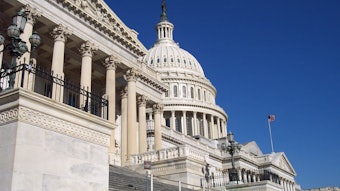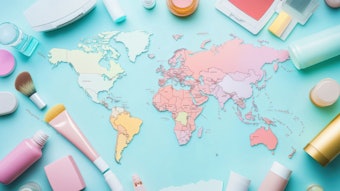In 1997, Laos (known officially as the Lao People's Democratic Republic) joined the Association of Southeast Asian Nations (ASEAN) trade community, which governs cosmetics as part of the ASEAN Cosmetics Regulation. However, cosmetics in Laos also are governed locally by Article 15 of the Law on Drug and Medicinal Products No. 01/NA and Presidential Decree issued No. 13/LPDR, as outlined by the Provision on the Quality Control of Cosmetic Products No. 2580/MOH.
This provision defines cosmetics as, “substances used for brushing, massaging, spraying or sprinkling, with steam or any action aimed at any part of external human body, for beauty or to enhance beauty which include materials used as ingredients specifically for cosmetic production or other materials that have been classified by the Ministry of Health to be cosmetic products except jewelry.” On the other hand, the law defines a cosmetic as a, “substance or processed product to be used for smearing, massaging, rubbing or spraying on any parts of human body (skin, hair, tooth, nail, lip, mouth) for cleanliness, perfume and beauty.”
Manufacturing and Importing Cosmetics
Manufacturers intending to produce, import or sell cosmetic products in Laos must apply for an official permit from the public health sector and related agencies, and should bring samples of the products for registration with the Food and Drug Department (FDD) within the Ministry of Health. Before production, companies wishing to manufacture cosmetics in Laos should also send an application to the FDD with a list of their products, accompanied by the formulations and production process. Experienced technical staff, such as a pharmacist or chemist, also must be located on site, and the facility should comply with Good Manufacturing Practices.
Furthermore, companies importing cosmetic products into Laos must: be registered enterprises with relevant experience; hold valid permits from the public health sector for the importation of cosmetics; and maintain conditions and facilities for the storage and transport of cosmetic products, to assure their quality. “Special control cosmetics” distributed in Laos must be registered with the FDD, and all cosmetic imports are subject to inspection by the public health sector.
Selling Cosmetics
An official permit must be obtained for the sale of cosmetic products. According to the law, business operators, i.e., pharmacies, grocery stores, etc., are responsible for the quality and safety of their products. Cosmetic advertisements also must comply with the advertising control regulations set forth by the Ministry of Health. In general, advertising should not be misleading or have any negative impact on the public. Registrations for cosmetic products should be made in accordance with their chemical content and based on the classifications determined by the Ministry of Health. Any business intending to sell cosmetic products must submit an application to the FDD that contains: a letter of request, registration certificate, valid free sale certificate from the country of origin, and samples in their original package.
Labeling and Renewals
Finally, products registered in Laos should include labeling printed in Lao or English that is clear and readable. This label must include: the product name, active ingredient and its content, registration number from the country of origin, name and address of manufacturer, manufacturing date, lot number, expiration date, instruction for use or warnings, and size of packaging. The registration certificate for a cosmetic product is valid for five years and must be renewed 90 days prior to its expiration. Note that cosmetic product registrations may be cancelled if they do not perform as claimed, are substandard, or are unsafe for consumers.










